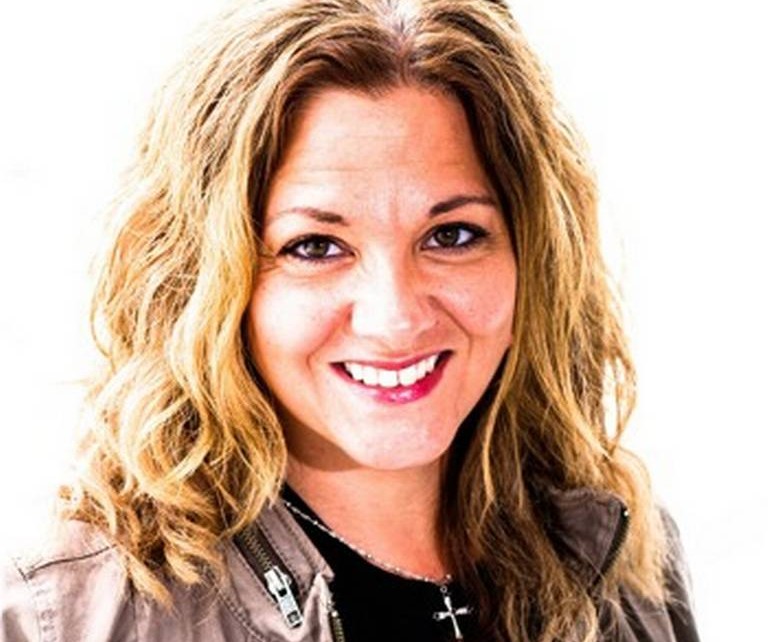https://www.miamiherald.com/opinion/op-ed/article243092941.html
In Florida, plans to track COVID-19 through our cell phones are unconstitutional | Opinion
MAY 29, 2020 04:54 PM
A coronavirus contact-tracing app was tested on the Isle of Wight in May. GETTY IMAGES
Floridians will be forced to pay enormous court fees and settlements if our counties continue with proposed plans for COVID contact tracing.
As a constitutional attorney, I watch county meetings because it is important to know how my government is handling the COVID-19 pandemic. Counties throughout Florida have been speaking to medical professionals and data scientists about contact tracing. The methods counties are proposing to use should be of concern to every taxpayer.
The main mechanism under consideration for contact tracing is to use cell phone GPS data to trace individuals and groups to a particular location. Data scientists are submitting reports to show how cell phone data monitoring would allow the government to track people through their phones’ GPS. But these are not cell phones governments will be tracking. They will be tracking people.TOP ARTICLES 00:30 / 00:30System in the Gulf of Mexico ‘very close to tropical storm strength,’ forecasters say
In addition to the cell phone tracking, counties are also considering using infrared technology to “look” inside private homes and buildings to determine the number of people who are gathered. These infrared devices are so precise they can identify a single person in a home. This is more suitable for a George Orwell novel than for elected representatives tasked with protecting people’s rights.
Local news has never been more important
Subscribe for unlimited digital access to the news that matters to your community. #READLOCAL
Data provided to counties will contain specific, private and personal information. Once provided, it will be completely up to the county officials, through their policies, to determine how much of that information they will use and how our personal information will be stored. I am not comforted by the thought that Florida’s counties will determine the limits to their own authority over our personal and private information.
If this sounds disturbing, it should. The good news is that the U.S. Supreme Court agrees. The use of cell phones by government entities to “geotrack” people is not a new or an unsettled issue. Although it may be legal for a hospital or university to purchase such data from a cell phone provider for research purposes, it is not lawful for the government to use the data from data scientists to track individuals without a warrant —even though that data comes from a third party. In Carpenter v. U.S., the Supreme Court held that a government entity must have a warrant to use cell data to geotrack someone, even when that data comes from a third party.
Additionally, the Supreme Court held in Kyllo v U.S. that a government entity must have a warrant to use infrared technology to look inside a private building and to do so without a warrant is a violation of our right to privacy.
For government officers to use cell data or infrared technology to track people, they must have either express permission from each person or a warrant for every single individual. Otherwise, that tracking will be an unlawful search and seizure. If officials use this technology for contact tracing without warrants, regardless of where the data comes from, it will be tantamount to legal negligence. Given the recentness of these Supreme Court cases, it is highly likely that counties would lose a civil-rights challenge, and the taxpayers would foot the bill.
Florida taxpayers should not be forced to waste precious funds to defend counties’ actions that are so clearly established to be unconstitutional by the Supreme Court. Our elected representatives ought to have a greater respect for Americans’ privacy and civil rights. The people of Florida must demand that counties refuse to use this technology for any form of COVID contact tracing, and spare taxpayers from having to pay for the lawsuits that, inevitably, will follow.
KrisAnne Hall, a former prosecutor, has written six books on American history and the U.S. Constitution. She is a consultant on the Constitution for several radio, podcast, and television programs. She is based in Tampa.

Read more here: https://www.miamiherald.com/opinion/op-ed/article243092941.html#storylink=cpy

